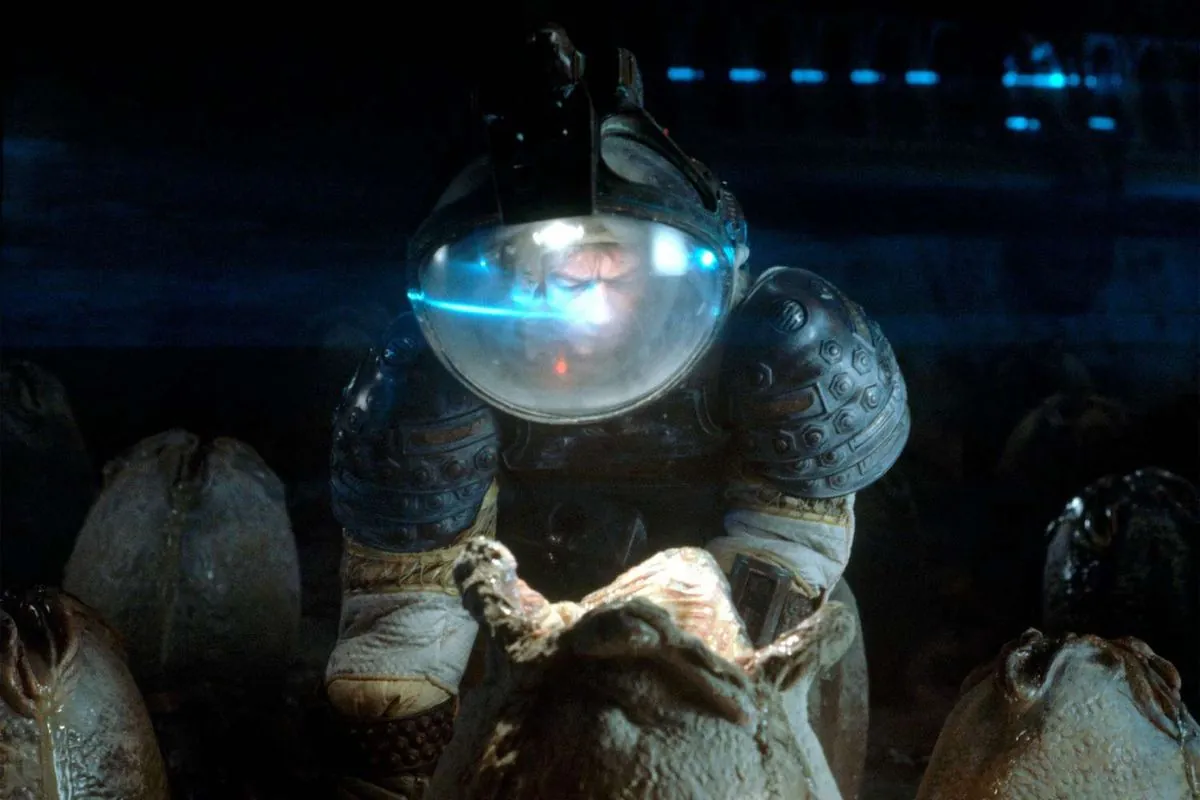From 'Alien' to Auteur: How the Xenomorph Franchise Launched Directorial Careers
The 'Alien' franchise, known for its horrifying xenomorphs, has also been a launchpad for directorial talent. From Ridley Scott to Fede Álvarez, each filmmaker has left their mark on this enduring sci-fi horror series.

The Alien franchise, initiated in 1979, has become a breeding ground for directorial talent, much like its infamous xenomorphs. This sci-fi horror series has not only terrified audiences but also propelled the careers of several notable filmmakers.
Ridley Scott, the mastermind behind the original "Alien," used the film as a springboard to become one of Hollywood's most prolific directors. Now 86, Scott has directed more films since turning 65 than some legendary directors made in their entire careers. His return to the franchise with "Prometheus" (2012) and "Alien: Covenant" (2017) showcased his enduring interest in the series' mythology.
James Cameron took the reins for "Aliens" (1986), transforming the horror-centric original into an action-packed sequel. This success paved the way for Cameron's future blockbusters, including "Titanic" and "Avatar," which now rank among the highest-grossing films of all time.
David Fincher made his feature directorial debut with "Alien 3" (1992). Despite his well-documented frustrations with the project, it served as a stepping stone to his acclaimed career, which includes films like "Fight Club" and "The Social Network."
Jean-Pierre Jeunet brought a distinctly French flavor to "Alien: Resurrection" (1997), his first solo directorial effort. While the film received mixed reviews, it showcased Jeunet's unique visual style, which he later applied to the beloved "Amélie."

The latest addition to this lineage is Fede Álvarez, director of the upcoming "Alien: Romulus." Álvarez, known for his work on "Don't Breathe," brings a fresh perspective to the franchise while drawing inspiration from its roots.
"No one hated it more than me; to this day, no one hates it more than me."
The Alien series has consistently explored themes of forced conception, accelerated gestation, and violent birth. This preoccupation with reproduction mirrors the franchise's ability to spawn new directorial talent, each bringing their unique vision to the xenomorph universe.
As the franchise evolves, it continues to balance artistic vision with studio expectations, allowing filmmakers to leave their mark on this enduring sci-fi horror legacy. From its small beginnings in 1979, the Alien series has grown into a cinematic force that continues to fascinate audiences and launch careers nearly five decades later.


































